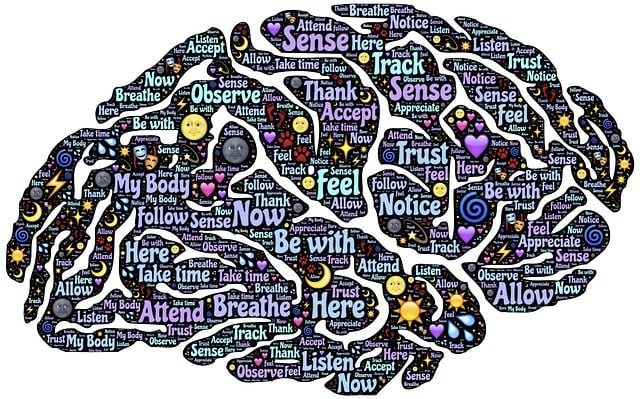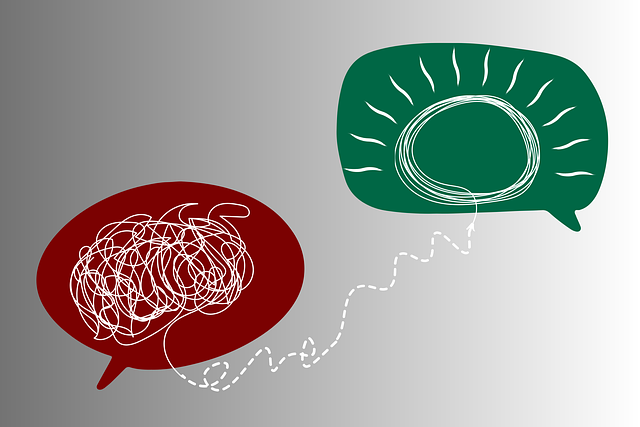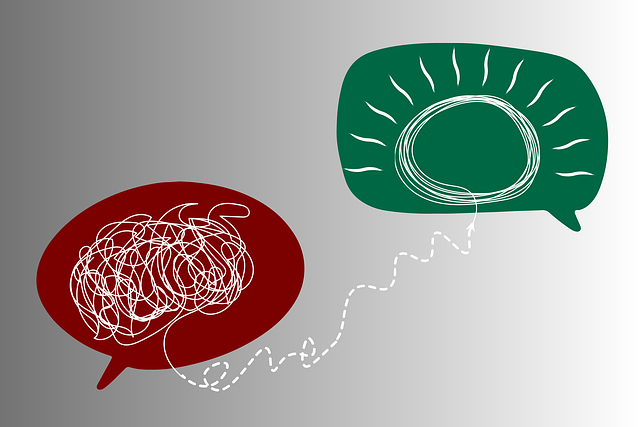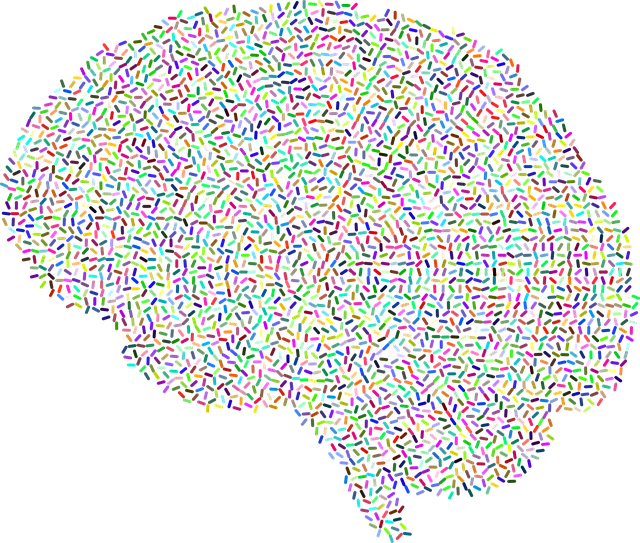In today's interconnected society, social skills are vital for mental health, especially for those with anxiety or depression. Play Therapy offers a holistic approach through adapted training, addressing unique challenges faced by the elderly, such as isolation and depression. Using play, art, and games, it fosters confidence and social connections, reducing stigma around mental illness. Integrating mindfulness and crisis intervention techniques enhances overall well-being. Incorporating Therapy for Elders Play Therapy into care plans, along with cultural competency training, ensures personalized, effective support, promoting long-term emotional healing and a sense of belonging. Success is measured through qualitative and quantitative methods, showing improved social engagement and emotional resilience in elders.
Social skills training plays a pivotal role in managing mental health conditions, especially among the elderly. This article delves into the significance of social interaction and its impact on psychological well-being. We explore targeted strategies, focusing on the unique needs of elders, including innovative approaches like play therapy. By examining evidence-based techniques incorporated into training programs, we uncover effective methods for fostering social skills. Additionally, we discuss measurement tools to assess success and promote long-term mental health benefits tailored to this demographic through therapeutic interventions such as play therapy.
- Understanding the Importance of Social Skills for Mental Health
- Targeting Specific Challenges in Elderly Populations
- Play Therapy as a Unique Approach for Social Skill Development
- Incorporating Evidence-Based Techniques in Training Programs
- Measuring Success and Promoting Long-Term Well-being
Understanding the Importance of Social Skills for Mental Health

In today’s interconnected world, social skills play a pivotal role in maintaining and enhancing mental health. For individuals navigating through various mental health conditions, developing and refining these skills can be transformative. Social skills training acts as a powerful tool, offering not just therapy for elders or younger adults, but also a pathway to improved emotional intelligence. By participating in play therapy sessions, individuals can learn effective communication strategies, foster meaningful connections, and build resilience against symptoms of anxiety and depression.
This holistic approach goes beyond mere conversation; it involves understanding non-verbal cues, practicing active listening, and developing empathy. The end goal is not just to alleviate symptoms but also to boost confidence levels, enabling people to confidently engage in social interactions that can provide much-needed support and a sense of belonging. This is especially relevant for those dealing with social anxiety or shy behaviors, as it equips them with the skills necessary to navigate social situations more comfortably.
Targeting Specific Challenges in Elderly Populations

The unique social dynamics and mental health challenges faced by elderly populations often require tailored interventions. Social skills training, a therapeutic approach gaining traction in geriatric care, addresses specific needs within this demographic. Many older adults struggle with withdrawing from social interactions due to physical limitations, cognitive changes, or past traumatic experiences, leading to feelings of isolation and depression. Play therapy, adapted for elders, offers a creative outlet to stimulate emotional expression and reconnect individuals with their communities.
By focusing on enhancing emotional intelligence and stress management skills, therapists can empower the elderly to navigate social situations more effectively. Incorporating these strategies into risk management planning for mental health professionals ensures that care is personalized and holistic. Through specialized workshops and organization-led initiatives promoting stress management, elders can develop coping mechanisms, fostering a sense of belonging and overall well-being.
Play Therapy as a Unique Approach for Social Skill Development

Play Therapy offers a unique and innovative approach to social skills development, particularly for older adults dealing with mental health conditions. This therapeutic method leverages play as a powerful tool to engage individuals in a fun and non-threatening manner, fostering interaction and communication. Unlike traditional talk therapy, Play Therapy allows for expression through imaginative play, art, and games, making it an effective way to build confidence and enhance social connections.
For elders experiencing isolation or struggling with mental illnesses like depression or anxiety, Play Therapy can be a game-changer. It provides a safe space where they can practice social interactions, develop coping strategies, and reduce the impact of stigma associated with mental illness. The use of mindfulness meditation techniques within play sessions further promotes relaxation and emotional regulation, contributing to overall mental health improvement. Crisis intervention guidance is seamlessly integrated, ensuring that participants receive immediate support when needed.
Incorporating Evidence-Based Techniques in Training Programs

Incorporating evidence-based techniques into social skills training programs is paramount for enhancing their effectiveness, especially when tailored for mental health conditions in older adults. Play therapy, a well-established approach, offers a dynamic and non-threatening environment for individuals to navigate complex emotions and improve interpersonal interactions. By integrating strategies from crisis intervention guidance, healthcare providers can equip participants with tools to manage acute distress and deescalate challenging situations.
Furthermore, cultural competency training for healthcare providers is crucial in these settings, as it enables them to understand and address the unique social and emotional needs of diverse older adult populations. This inclusive approach ensures that training programs not only enhance mood management but also foster a sense of belonging and respect among participants from various cultural backgrounds.
Measuring Success and Promoting Long-Term Well-being

Measuring success in social skills training for mental health conditions is a multifaceted process. Therapists often rely on qualitative assessments, such as observations and client self-reports, to gauge progress. Quantitative measures, like tracking participation rates and frequency of interactions during group sessions, also provide valuable insights. In the context of therapy for elders, play therapy techniques can be particularly effective in enhancing social engagement and emotional healing processes. By creating safe, supportive environments, these methods encourage individuals to express themselves, build relationships, and develop essential coping strategies.
Promoting long-term well-being requires ongoing support and a holistic approach that addresses the unique needs of each individual. Trauma support services play a crucial role in fostering resilience and helping clients navigate complex emotional landscapes. Moreover, healthcare provider cultural competency training is essential to ensure inclusive and effective care, as it equips professionals with the knowledge and skills to understand and respect diverse cultural backgrounds and perspectives, ultimately enhancing the overall effectiveness of social skills training programs.
Social skills training, incorporating evidence-based techniques like play therapy, is a powerful tool for enhancing mental health, especially in elderly populations. By targeting specific challenges and measuring success, these programs can foster long-term well-being, providing a unique approach to supporting folks as they navigate their mental health journeys. For elders seeking improved social interactions, therapy for elders through play therapy offers a promising path towards enhanced connections and overall mental wellness.














